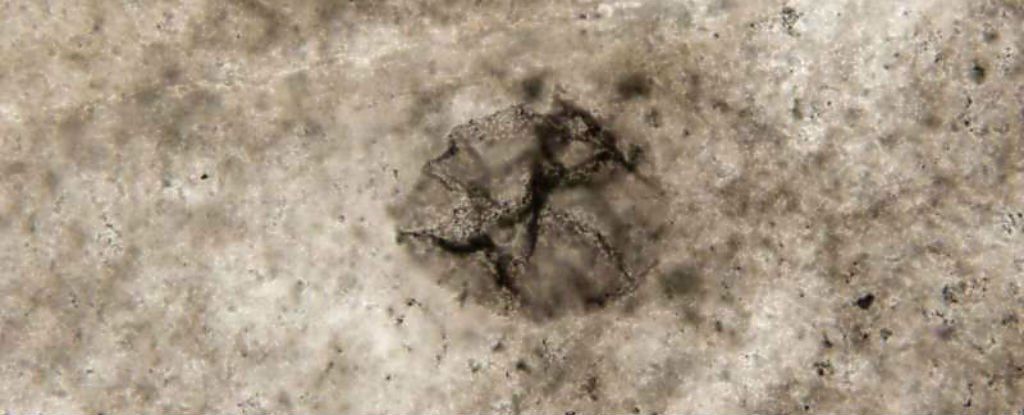Fossilised bacteria have been uncovered in two separate locations in South Africa, and they’ve been dated to 2.52 billion years ago — long before oxygen started to saturate Earth’s atmosphere.
Instead of thriving in oxygen, like the trees and multicellular organisms that came after them did, these bacteria oxidised sulphur to survive, suggesting that life could be sustained on a planet with less than one-thousandth of a percent of Earth’s current oxygen levels.
The fossils were uncovered in a layer of hard, silica-rich rock in the Kaapvaal Craton of the Limpopo Province in South Africa — one of the two remaining areas in the world where Earth’s crust from 3.6 to 2.5 million years ago is still accessible.










Comments are closed.